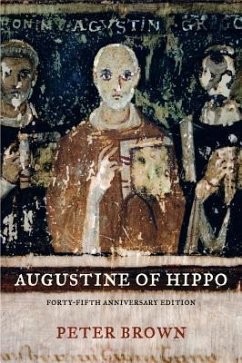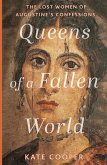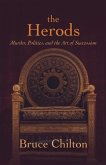"I salute Brown's achievement in bringing Augustine out of the tomb of theological doctrine, and setting his mind and emotions working before our eyes."--Richard Southern, New Statesman "Justly applauded for its intelligence, and for the skill with which it relates the life and thought of a man dead for more than 1,500 years to the life we live now."--Frank Kermode, The Observer "He has attained to the true stature of his subject."--Owen Chadwick, Catholic Herald "It is an intellectual biography, a portrait in depth of the man, and a brilliant study of the period."--J. M. Cameron, New York Review of Books "A model biography. Mr. Brown is an impeccable scholar but also a vivid biographer and a delightful writer; he brings Augustine and his whole age persuasively to life."--Hugh Trevor-Roper, Sunday Times








